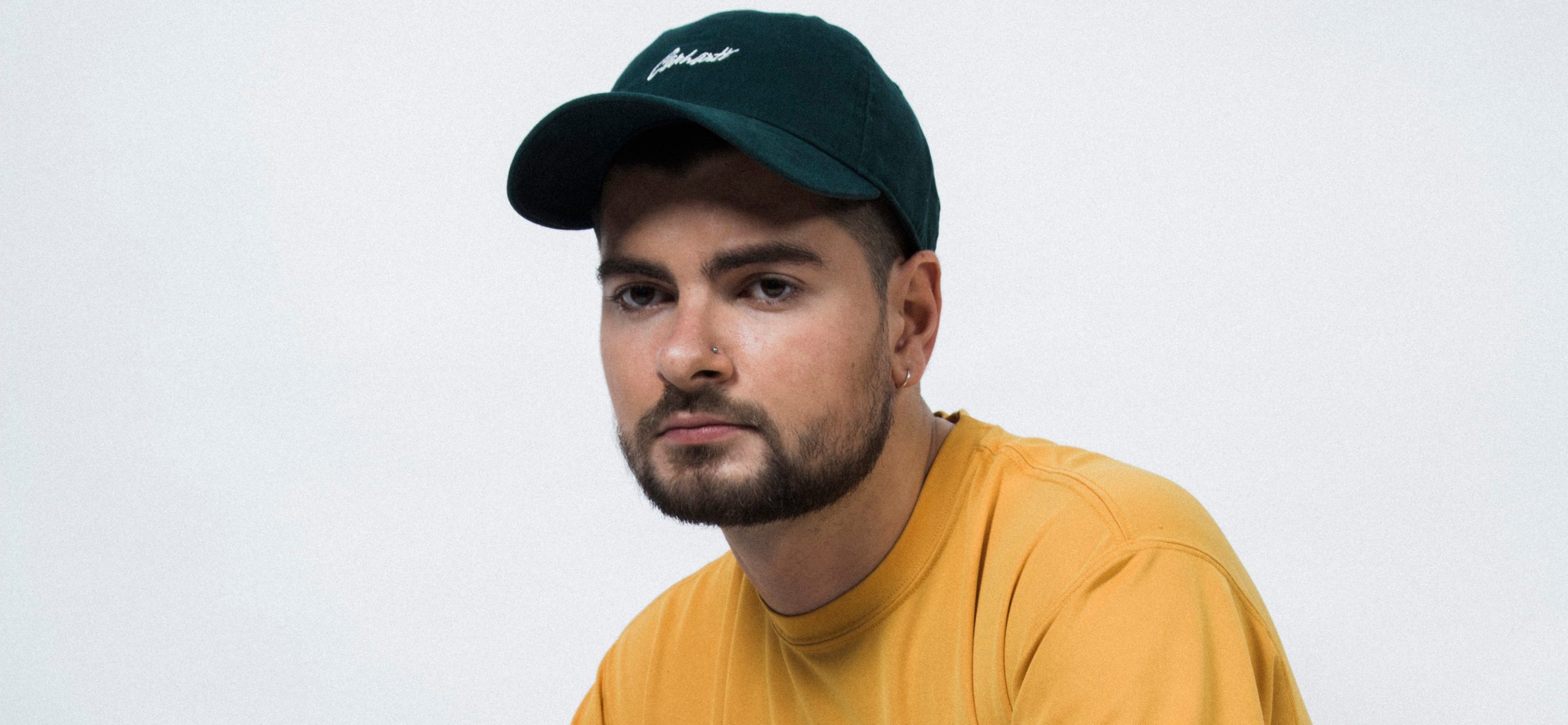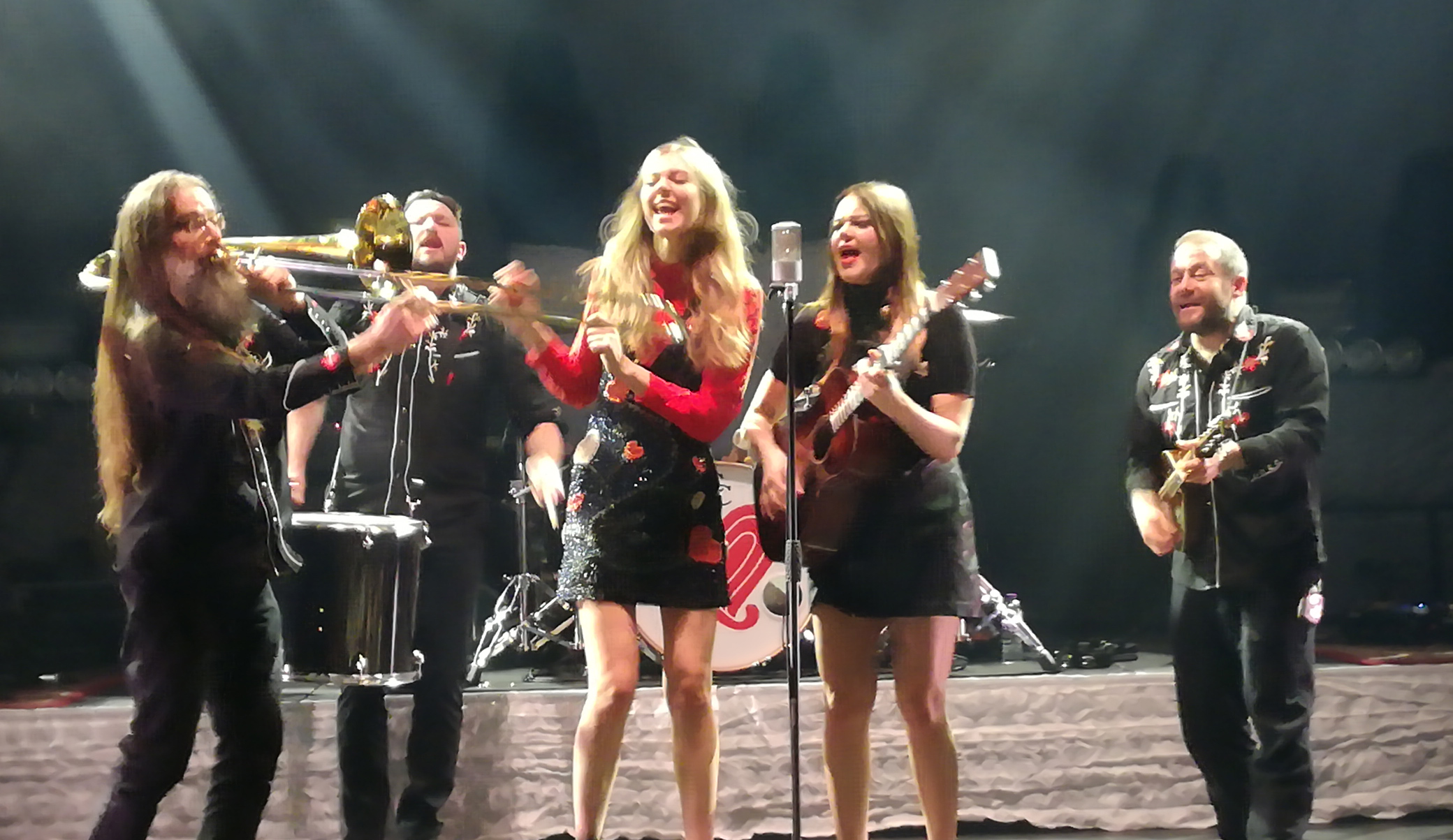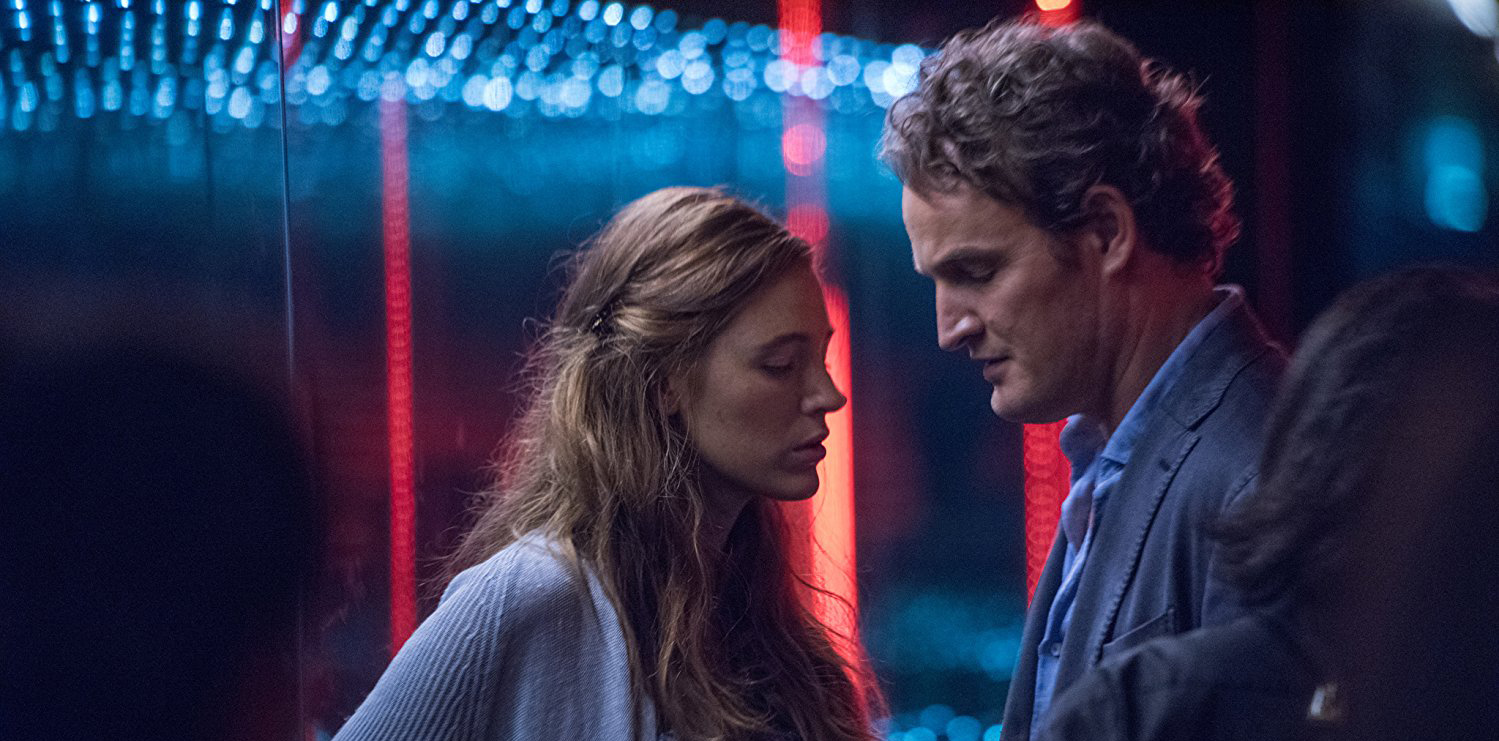Spotlight on Marble Empire

Marble Empire is Matt Berry (no, not that one), a precocious new talent on the electro/funk/hip hop scene. His music is bold, danceable and very catchy – if you like Jungle, Ben Kahn or Jai Paul, you need to listen to Marble Empire. With new single ‘Head Above The Water’ out in the world, we met up with Matt to discuss production, collaboration, bucket lists and why the music industry isn’t all it’s cracked up to be…
JH: Let’s start with some background. How did you get into making music?
MB: Marble Empire started in my first year of uni, when I was studying production. It really came out of me blending my electronic influences with analogue instruments. I started producing that sound, and it hasn’t changed much since then.
I use the skills I learnt at uni a lot in my work on Marble Empire. Not necessarily just from the tuition – I learnt as much from the people I worked with as I did from my classes. It was a great atmosphere to be in – I’m still friends with some great producers that I met there.
Where does the name come from?
I just thought it was cool on a night out! But the good thing is, if you Google ‘Marble Empire’, I’m the only thing you’re going to find. It’s SEO! So I haven’t changed it.
How would you classify Marble Empire in terms of genre?
I find it really hard to categorise my music. It’s got some hip hop, some funk, electronica… Probably the closest thing is Jai Wave – there was a guy called Jai Paul who made really groundbreaking electronic music that mixed in live instruments, and it kind of kicked off a whole movement. Marble Empire probably slots into that.
We met at a Jungle gig, and you’ve said they’re a key influence of yours. How have Jungle influenced your approach to making music?
My two main influences are actually Jungle and Ben Kahn. The reason why my vocals sound the way they do is because of Jungle – I just fell in love with their sound. Those high-octave vocals with the lower register mixed underneath, chorus on the higher range – it’s their signature. They’re masters of blending the electronic and the acoustic. The individual elements of their records are soft, but when they layer it up it sounds absolutely huge.
Ben Kahn also makes really great use of guitar lines. He’s got some big bluesy guitar, but it’s all underpinned by electronic beats. Those two acts are the reason why I sound like I do. And hey, Jungle started in London, making records in their rooms – it all starts in the bedroom!
Your songs have a really full and varied sound. What kit and software are you using to make the records?
Great question! Always ask producers about their kit. I use Ableton music software and Genelec speakers. Beyond that, I don’t have lots of fancy equipment – some kit by UAD, my Fender Telecaster. I’ve basically got a few select pieces that work really well for me.
I think the important thing is to use whichever tools you have to the max. It’s not about having all the stuff, it’s about your knowledge. It’s really important to know your kit. I’ve got a mate who just uses a laptop and a pair of Beats, but the quality of their mixing is amazing – you just have to know your tools. Lots of American hip hop producers use FruityLoops, which is great but pretty beginner-level. They use it because it’s what they’ve used from the beginning and they know it inside out – and then they’re using it to produce Kendrick Lamar!
On the other hand, your set-up is a massive chain of connections, so if one component is crap it’ll all sound crap. There’s a line when it will automatically sound better if your kit is better quality – but that line’s in the midrange. You don’t need to spend £20k on a mic.
You mix quite a lot of analogue instruments in with the electronica in your songs. Do you write songs on guitar and then build the computerised elements around that, or does it get built up on the laptop first?
It varies. It’s pretty rare that I’ll start with guitar; I mainly start with the harmony, playing in the chords on piano. The way I like to work if I can is to put down the skeleton of the entire song rather than doing it bit by bit, so I can feel how the whole thing is going to go. Then I start putting the melody and lyrics over the top, and build it around that skeleton.
After that it’s really just a process of working out where other sounds would fit well and playing it by ear. You might add a synth bassline that sounds too electronic, so you change it out for bass guitar. Or you can hear there’s a space in the sound where a guitar line would work well. You want to have the freedom to do crazy electronic sounds, but also mix in the instruments to give it that human connection.
What blogs do you talk to regularly, and how much contact do you have with the nationals?
There are a few – Clash, Going Solo, Velvet Independent, Kaltblut – which is a really cool one from Germany. RBeats, Acid Stag. To get into print and the nationals, though, you’ve got to have pro PR and a big name. It goes in tiers – how big is your name, how much marketing weight do you have behind you and how much are you willing to pay to get seen?
With music, everyone thinks that all you’ve got to do is be really dedicated to your art and you’ll make it, but in reality it’s a spider’s web of contacts. The music industry is a micro version of real life. It has all the same industries condensed within it: PR, marketing, manufacturing, management – you name it.
This isn’t necessarily a negative thing, but from the word go you can’t just think of yourself as an artist; you have to think of yourself as a business making a product. Will someone buy this product? What do I need to do to sell it? You need manufacturing, PR, distribution, marketing and graphic design, exactly the same as almost any other business.
With things like SoundCloud, YouTube and Spotify out there, music has become much more of a cottage industry than it ever used to be – but that means you’ve got to be a businessman as well as an artist. You can’t just sit in your room while someone else moves the paper around.
The entertainment industry is put on a pedestal, like it’s a privilege to work in it, but you have to be just a business minded as any other industry. The difference is we sell emotions and feelings…
What are your bucket list items for Marble Empire? What would be your ideal crowning achievement?
I’d love to headline the O2 Academy Brixton – I’ve seen lots of my favourite bands there, so that would mean a lot. Playing at Reading would be great, too – that was my first ever proper festival.
It’d be cool to record a body of work in LA, and I’d like to be able to buy my mum a nice holiday. Oh, and get on the Radio 1 Live Lounge for an interview. I love the BBC. I’m a huge fan of Radio 1 and Radio 1 Xtra, they really know how to drive new artists
Do you think radio is still a relevant medium for new acts? It used to be the case that if you got airplay, that was it, you were set. How does it figure now?
The reason why radio will always be a thing is the same reason CDs still exist – it’s easy in a car. We’ll always be driving cars, so there’ll always be radio. It’s not as prevalent as it used to be in introducing new music now that people are using Spotify or blogs, but it’ll always be there because it fuses music and entertainment. There’s also a really strong internet radio scene with stations like Soho Radio putting out some great new stuff.
Shazam has also totally changed the way people find new music. If you can get on retail playlists, that’ll really get you noticed! You don’t even have to tell someone what the song is any more – they can just get their phone to tell them who it is, and then it links them straight to your Spotify, or whatever.
Tell me about ‘Head Above The Water’, your new single with Katya DJ – what’s the story there?
The plan is that this will be the first of several collaborative works. I met Katya at a gig. She was watching my set, we got talking afterwards and I asked her to do a song – that’s my attitude! It’s quite quick: let’s just do it, there’s no point hanging around. We’ve started collaborating quite a lot – I’m producing on some of her stuff and it would be great to get her up onstage at gigs in future.
Do you have a regular pool of collaborators?
Working with collaborators is actually a really new thing for me. Until last year I hadn’t done it before, and my manager suggested it would be a good thing to explore. I’ve collaborated with people through all sorts of different sources – at gigs, at uni, one from primary school. My attitude has tended to be: ‘who do I know who can sing? Let’s go for it.’ It’s very organic.
What’s the song about? What were you aiming for when you recorded it?
It’s quite simple – the lyrics are quite cryptic, but it’s just about keeping your head up, keeping positive. I usually do my own tracks and vocals, but having her vocals on it made it so much more relaxed. It actually opened it up for me to experiment more with the production. I think the song has a stronger production quality – this is my first new song for nine months, so it was nice to explore some new avenues.
Your songs have some really interesting videos – ‘TTSU’ in particular has a very strong visual style. How did that come about?
‘TTSU’ was supposed to be hyper-realism – everything you notice and observe, hyper-extended. It’s all those hipsterisms and nostalgic influences from the Nineties in one video – I can’t remember shit from the Nineties, I was four when they ended, but it’s so cool now.
At the other end of the scale, the video for ‘Twenty’ was made by the same guys who’ve just made the one for ‘Head Above The Water’, Will Pope and Tom La Motte. You can see the similarities in the way they’re shot. They came up with the concept and produced the whole thing – they’re really amazing to work with. I’m very lucky.
How important do you think image is to a musician? How do you handle it?
I think you can go one of two ways, but regardless of the situation, image is still important. Either you go really out there, like Bowie or Conchita Wurst, those people who have a really off-the-wall approach, and people will buy into that because of how avant-garde it is. Or you can buy into current popular culture, and make that your own.
I lean towards the Urban Outfitters end of the scale. There’s no need to be fake about pretending to be original – you’ve got to take influence from a lot of places and be objective about what suits you to sell your product. Basically, I’m always trying to think: how do I become an artist with longevity? How do I keep evolving with my image and my sound?


